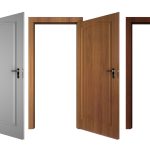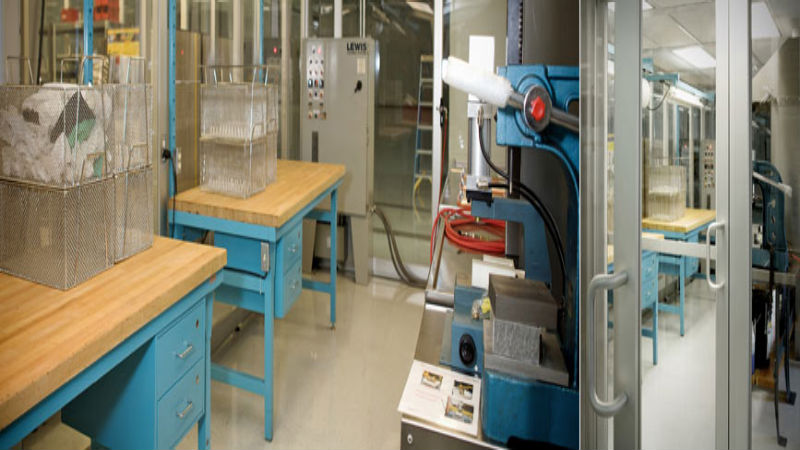Unlike other industries where specific tolerances are put in place to extend part and component life or to ensure safe operation, the manufacturing of medical devices is truly a situation where life and death are at the heart of the process.
Different types of medical devices are grouped or categorized under different types of regulations. A metal screw used to hold healing bones in place is less tightly regulated than a component that will go into an implantable device, but the machining tolerances are still extremely tight and must meet high standards with both types of parts.
Companies that offer medical machining as part of their services need to be fully aware of all FDA regulations regarding the machining of different types of medical parts, components, and devices. Understanding the differences required for the various classes of medical devices will ensure that the processes used and the tolerances adhered to will not fall outside of the approved standards.
ISO Certification
Companies offering medical machining should have the ISO 9001 certification for general quality standards and control throughout the facility. They should also have the ISO 13458 certification.
This is a specialized certification for medical device manufacturing services. It includes a complete quality management system specific to the industry that can be recognized internationally. This will be critical for approval of the medical device not only in the United States but also for international markets as well.
Past Projects
While every company offering medical machining has to have a first project, it is also the project that will pose the greatest challenges. Since final approval of the device is based on all parts and components meeting specific standards, working with an experienced company offering this precision machining is always the recommended option.








